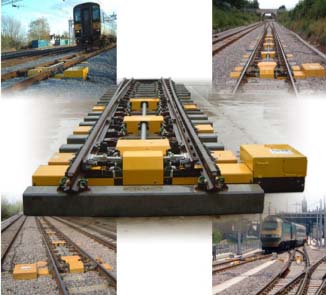So much has been said about the future of engineering in recent times. Many industry leaders, including the likes of Sir James Dyson, have painted a bleak picture. However, there is some welcome good news for engineers, from within the rail industry.
With Britain’s railways currently undergoing the biggest programme of investment since the Victorian age, 2014 appears to be an exciting year for the rail industry.
In March, Network Rail unveiled plans to invest £38bn in the UK’s tracks and stations, while Transport for London and the Department for Transport also confirmed the extension of the Crossrail project west to Reading.








Recent Comments